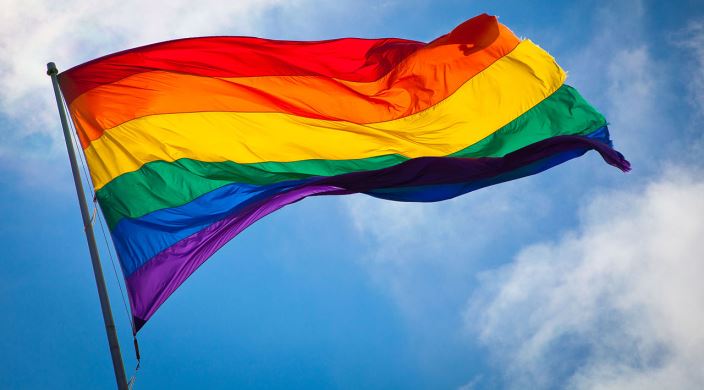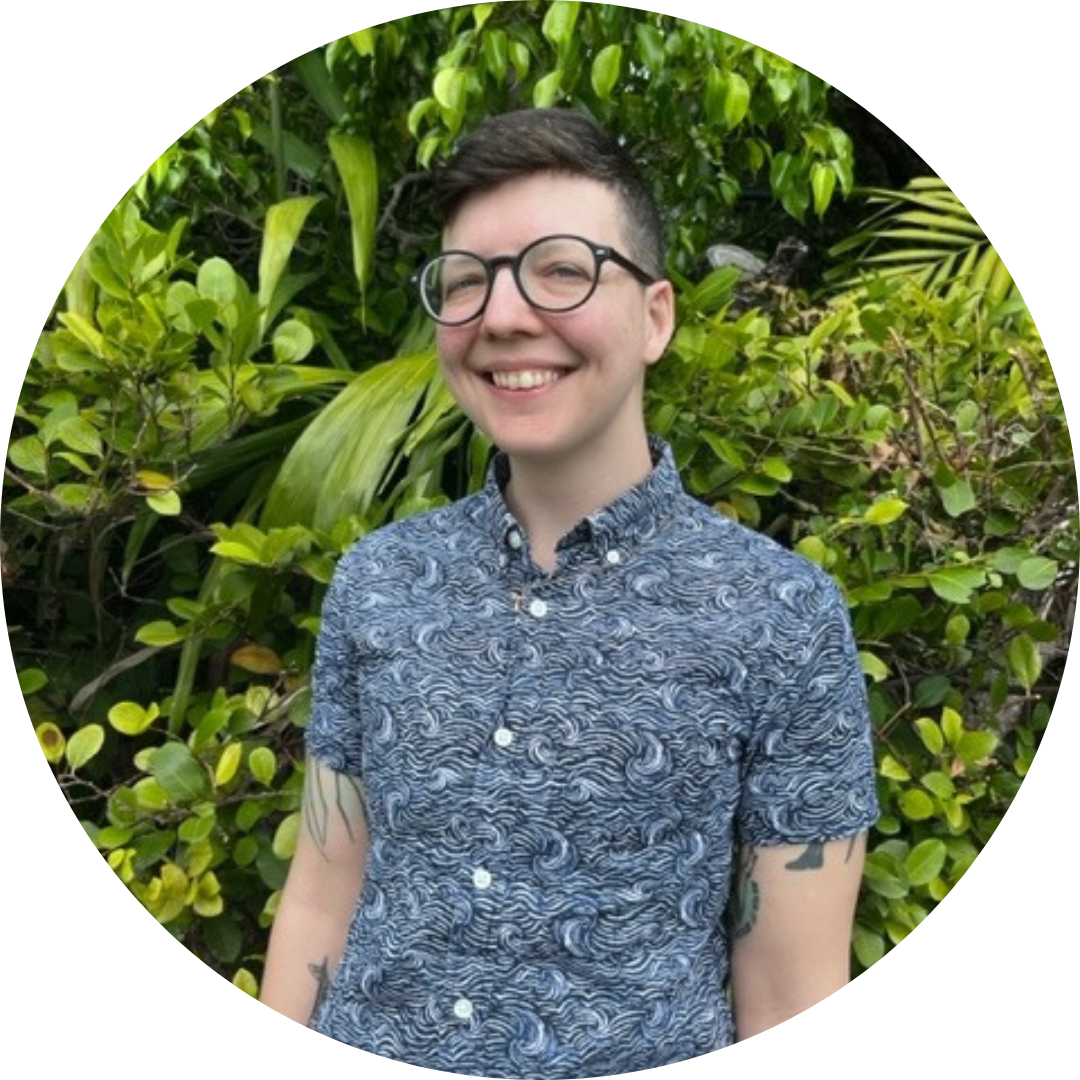
As a queer, trans Jew committed to reproductive justice, it has been a hard few years. Each time I turn on the news, there is another politician debating my humanity or threatening my rights. With nearly 500+ anti-LGBTQ+ bills proposed or passed and 24 U.S. states expected to ban or heavily restrict abortion access in 2023, the news is bleak.
And yet, I wouldn’t be here if I didn’t believe that we can make a change.
In 2008, I started working for the Abortion Liberation Fund of PA, helping people access abortion care who would not otherwise be able to afford it due to oppressive policies like the Hyde Amendment. In a time before waves of anti-abortion legislation, I learned that abortion care, though legal, nonetheless was out of reach for those most historically-marginalized, primarily women of color and immigrant women.
In the years that followed, politicians began to restrict abortion care further and further, paving the way for today’s landscape. When the Dobbs decision overturned Roe v Wade, I was crushed. A substantial number of those seeking care will no longer have a provider close to them. Many will be unable to travel, take the time off from work, or find adequate childcare in order to do so. They will be forced to carry an unwanted pregnancy to term.
I now work for Keshet, an organization dedicated to full equality for LGBTQ+ Jews and our families in Jewish life. As the slew of anti-trans and anti-LGBQ+ bills were proposed or passed this year, fifteen years after I began my career at the Abortion Liberation Fund, the environment feels heartbreakingly similar. Gender-affirming care has always been out of reach for those who have been historically marginalized; the current restrictions and bans widen the scope of impact on trans and nonbinary people. And while some people are able to travel or move out of states where living as queer or trans is dangerous, that is not a viable option for most people.
Restrictions on reproductive and gender-based rights serve the same purpose: to control our bodies, our families, and our lives. They represent an attempt to dictate and regulate women and LGBTQ+ people. This control stems from a desire to maintain traditional gender roles, reinforce societal norms, and return to a fabricated idyllic past. Restricting reproductive rights can perpetuate the idea that women should primarily be responsible for bearing children and fulfilling domestic roles, undermining their autonomy and freedom to make choices about their own bodies and lives. Similarly, by denying recognition and legal protections for LGBTQ+ people, those in power can maintain traditional social structures.
Control over both reproductive and gender rights is justified by extremist Christian rhetoric. As Jews, it is imperative that we do not let the religious right speak for us.
There is a rabbinic principle that “all of Israel is responsible for one another” (Shavuot 39a), meaning that we must take action to support our community even when the issue does not impact us personally. To me, this also means that those of us who dedicate our lives to a single issue must understand the interconnectedness of all oppression. Our tradition is clear: we must organize collectively because we are stronger together than we are alone.
Challenging the control exerted through the denial and restriction of reproductive and gender rights involves dismantling oppressive systems, advocating for inclusive policies, and promoting comprehensive education and awareness. It requires recognizing the inherent dignity and agency of all individuals, irrespective of their gender identity or reproductive choices. Ultimately, the fight for reproductive and gender rights is a fight for autonomy, self-determination, and the recognition of every person's right to live free from control and coercion.
It is this commitment to our collective liberation that keeps me going. And I see glimpses of it every single day.
What surprised me most during my years working in abortion funding was that despite politicians implementing ever more restrictive barriers to care, people would find ways to get what they needed. Now that the need is even greater, abortion funds continue to subsidize the cost of care and travel. We see abortion providers like Tammi Kromenaker, who, for the last 20 years, ran the only clinic in North Dakota. In 2022, she was forced to close the clinic’s doors. Instead of giving up, she raised $1 million and moved the practice to Minnesota.
I see this same resistance and resilience in my trans community. There are mutual aid groups organizing to help queer and trans people fleeing from states with more restrictions. More than 200 organizations have joined Keshet’s Thrive: The Jewish Coalition to Defend Trans and LGBQ+ Youth which mobilizes Jewish communities to fight for LGBTQ rights, particularly for trans kids. Each day I see joy and resilience in my colleagues' faces when we support the leadership of queer Jewish youth to live in their full selves, equip a synagogue with the tools to better hold their queer and trans community members, and show up with the Jewish community to lobby for LGBTQ+ rights.
I am most inspired by youth like Is Perlman, Keshet’s New York City Youth Engagement Intern, who shared with us recently in the San Francisco Bay Times: “As an intern at Keshet, I have had the privilege of working with incredible young people who have beautiful visions of the future. And so, I’m both moved by the history and how far we’ve come, how our people have survived so much against all odds and continue to survive, and how that survival is embodied in queer Jewish youth.”
Kol yisrael areivim zeh bazeh. We are all responsible for one another. This is our work. Together, we can make a difference.
Related Posts

Continuing to Educate and Empower People Together

My Challah-Making Experience


